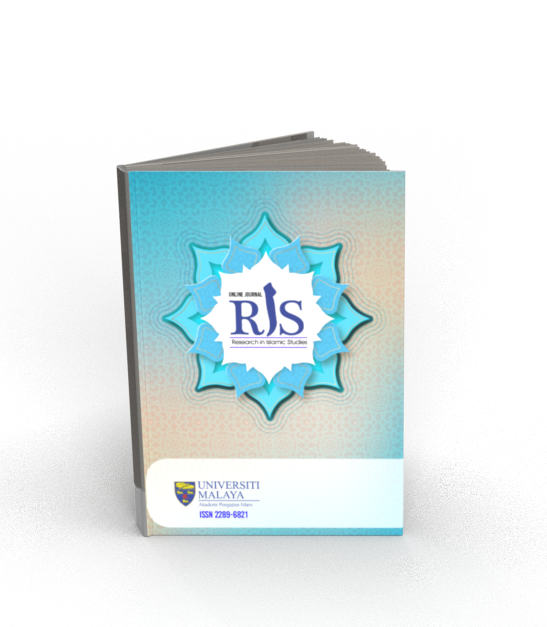Main Article Content
Abstract
The advancement of artificial intelligence (AI) is significantly transforming the educational landscape, shifting pedagogical practices from traditional methods to technology-driven approaches. This evolution is in alignment with the objectives of maqāṣid al-sharī‘ah, particularly the preservation and enhancement of knowledge in the domains of science and technology. However, the integration of AI in education has also raised pressing ethical concerns, especially in relation to academic misconduct such as plagiarism and the decline of students’ critical and creative thinking abilities. This article adopts a qualitative and empirical methodology, drawing on data from selected academic journals related to AI in education and society, published between 2019 and 2024. Additionally, references from classical and contemporary Islamic scholarly works, as well as survey data collected from students are utilized to explore the dual impact of AI in educational fields. While AI presents substantial potential as an effective and supportive learning tool, this study highlights the importance of mitigating its ethical misuse among students. The integration of Islamic ethical principles is proposed as a critical measure for promoting responsible and values-based AI usage in academic contexts. To this end, the article proposed the TAQIT guideline, an acronym for Tabayyun (Verification), Akhlāq (Virtue Ethics), ‘Aql (Intellect), Amanah (Integrity), and Taqwā (God-Consciousness) as a holistic ethical framework that synthesizes divine law, moral principles, and social responsibility. This model aims to curb academic dishonesty and foster an ethical, spiritually grounded approach to learning in the age of AI.
Keywords
Article Details
Copyright (c) 2025 Online Journal of Research in Islamic Studies

This work is licensed under a Creative Commons Attribution-NonCommercial 4.0 International License.
Copyright Notice
By submitting manuscripts to the Online Journal of Research in Islamic Studies (RIS), authors agree to transfer copyright to the journal. However, authors may republish their work or grant others permission to republish it; in which case it should be accompanied by a proper acknowledgment that the work was originally published in the Online Journal of Research in Islamic Studies (RIS). The journal adopt CC-BY-NC licence which authors may also share and distribute their article anywhere of non-commercial website, social media and repositories immediately on publication.
Authors may also reuse the Abstract and Citation information (e.g. Title, Author name, Publication dates) of their article anywhere at any time including social media such as Facebook, blogs and Twitter, providing that where possible a link is included back to the article on the journal site.
